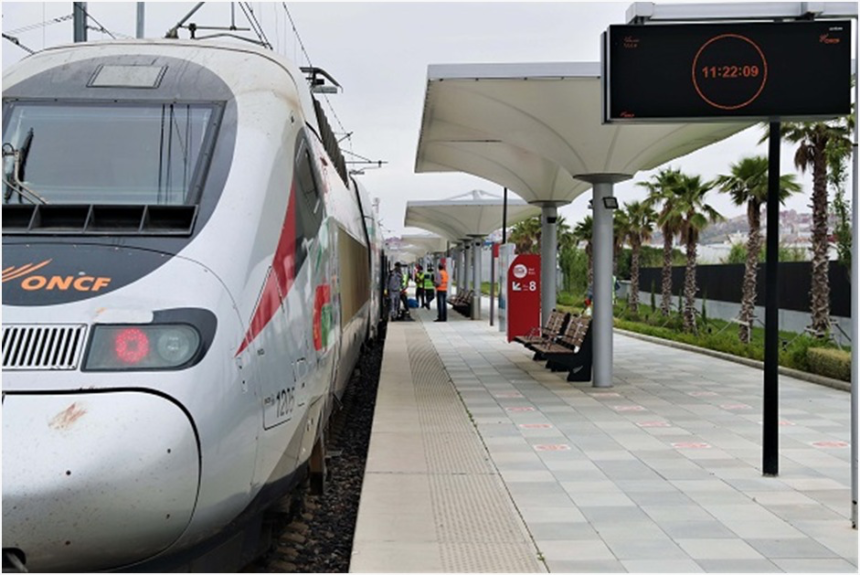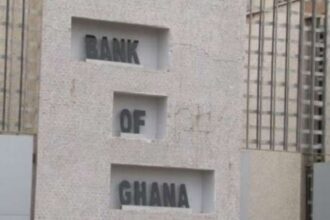The inauguration of the Kenitra-Marrakech High-Speed Rail Line in Morocco by King Mohammed VI has been hailed as a significant milestone in the country’s development agenda. According to Transport and Logistics Minister Abdessamad Kayouh, this project will revolutionize travel between key cities, reducing journey times by up to 70% and improving connectivity between major hubs like Rabat, Casablanca, and Marrakech. The new rail line will also enhance mobility for both citizens and visitors by serving several of the Kingdom’s main airports.
Mohamed Rabie Khlie, Director General of the National Railways Office (ONCF), highlighted that the Kenitra-Marrakech line will position Morocco among the countries with the longest high-speed networks globally, covering an impressive distance of 630 kilometers. This project is part of a larger national strategy led by the King, which has brought about significant investments, performance improvements, and innovations in Morocco’s railway sector over the past two decades.
The success of the Al Boraq high-speed train, Africa’s first, launched in 2018, has been a testament to Morocco’s commitment to sustainable mobility. The train, powered by clean energy, has become a preferred travel option connecting Casablanca and Tangier efficiently. The success of Al Boraq has paved the way for the Kenitra-Marrakech High-Speed Line, which aims to further enhance Morocco’s rail network as an efficient and sustainable mode of travel for medium and long distances.
With preparations on track for the completion of the Kenitra-Marrakech High-Speed Line in time for the 2030 FIFA World Cup, Khalid Khairane, Director of High-Speed Line Projects at ONCF, assures that all necessary studies have been finalized, contracts awarded, and land acquisition is nearing completion. Additionally, ONCF has announced the acquisition of 18 new high-speed trains from French manufacturer ALSTOM, each capable of reaching speeds of 320 km/h and accommodating 641 passengers. These trains will feature cutting-edge technology with a strong focus on environmental sustainability, boasting over 97% recyclability.
In line with Morocco’s commitment to promoting local industry and reducing environmental impact, ONCF plans to leverage the country’s industrial capacities for train equipment production, thereby boosting the local industry and shortening supply chains. The expansion of the high-speed fleet from twelve to thirty trains will not only enhance the efficiency of Morocco’s rail network but also contribute to the country’s sustainable development goals.








